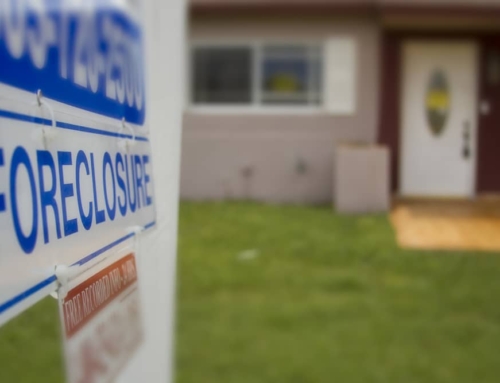For a guy who spends the vast majority of his time thinking about what life will be like in the future, Bill Gates apparently spent very little time thinking about his own future.
As a result, he is reportedly adding onto his 60,000 square foot home, in a suburb of Seattle. According to published reports, the house has just 3 bedrooms, although there are some 24 baths. The construction is supposed to be adding a fourth bedroom.
If you have around $55 billion, you can afford to build on whatever you want down the road, provided you have enough land.
But if you don’t have unlimited cash, it’s better to think things through before you buy or build your home. Specifically, you’ll want to think about where you’ll be in five to seven years, real estate brokers say.
Why? Typically, that’s how long the average family stays in their home. And, with steady 3 percent average annual appreciation, it will take at least four to five years for your home to appreciate enough to pay off the cost of sale (including the commission, transfer stamps, title charges and other costs).
But how do you determine where you’ll be in five to seven years? Let’s look at a few possible scenarios.
For example, let’s say you’re in your early 20s, just graduated from college and holding a steady job. You have college loans and credit card debt to pay off, and you’re not involved in a personal relationship.
If that’s you, you might be thinking about buying a small studio or one-bedroom apartment. The problem is things tend to change quickly when you’re in your early 20s.
In the next five to seven years, as you move toward or into your early 30s, you may well find that special someone and settle down. Seven years is enough time to get married and start having a family. Or, you could easily stay single.
The trick is to plan for the “what ifs” of your life, if you can. If all you can afford is a one-bedroom condominium, it’s better to buy that home than wait another 5 years until you can afford a single family home. Or, you may want to trade locations, and purchase a larger home.
If you’re in a stable long-term relationship and you and your spouse or partner decide you want to have children, it’s likely you’ll have them within 5 to 7 years. If this is you, think about how many children you want to have, the time frame in which you plan to have them, and where you want them to attend school.
If you already have your children and are planning to trade up to a bigger home with more amenities, you may want to find a home in which you can stay until your children graduate from high school. Typically, families in this part of the cycle of life stay in their homes an average of 10 years.
Once their families are grown and out of the house, many families decide to downsize. But since this is the home you may be in for a long time to come, perhaps even when you retire, you have to think about how you’ll use the house now, when you’re working, and down the road, when you stop.
Age may also become an issue: Will you be able to, or will you want to, climb stairs when you’re in your 70s and 80s?
Before you make your move, take a few minutes and write down all of the things you may do in the next 5 to 7 years, and beyond. Think it through and talk about the experience your friends or family have had buying and living in their homes.
By doing your homework ahead of time, you should be able to make a savvier home buying or building decision, and possibly save yourself thousands of dollars in the process.
Published: Mar 5, 2001






Leave A Comment